Nature reports
File: Ecosystem services
Page 7 of 9 - 85 Results
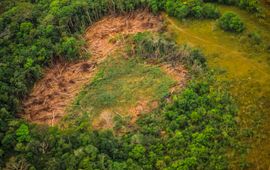
The most commonly used method for the taxonomic identification of tree trunks is wood anatomy. The number of experts with a long-term training is decreasing, however, while the technology continues to develop. Wood anatomists from..
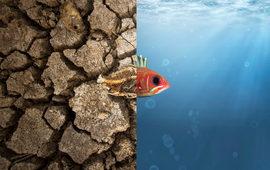
Using internationally accepted climate change predictions and (research) reports, DCNA defined impacts both above and below water for all six Dutch Caribbean islands. They stress the need for immediate action to build resilience..
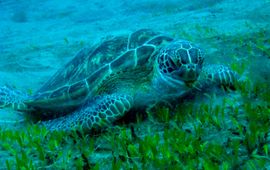
A recent study worked to quantify seagrass’ ability to minimize erosion in shallow water of Lac Bay, Bonaire. It also examined how intensive grazing can drastically affect seagrass’ ability to stabilize sediment. This research..
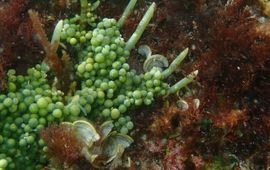
The 2019 Naturalis Biodiversity Center and ANEMOON Foundation expeditions worked, among other things, to catalog the wide variety of seaweeds off the coast of Bonaire. From this and previous reports, nearly 250 species were..
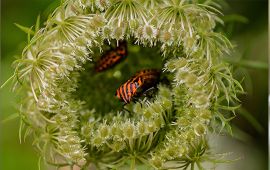
It’s no secret that many insect species are decreasing worldwide. We could fix these insects’ problems, according to more than 70 scientists from 21 countries. Their road map to insect conservation and recovery was published in..

The Intergovernmental Platform on Biodiversity and Ecosystem Services (IPBES) launched a landmark Global Assessment Report providing persuasive evidence on the rapid deterioration of nature and its contributions to people across..
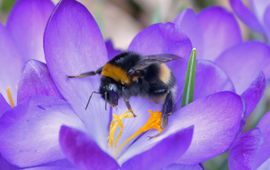
In conventional farming most attention goes out to quality of planting material, soil quality, fertilisation, weed control and similar aspects. Surprisingly little attention is being paid to the importance of ecosystem services..
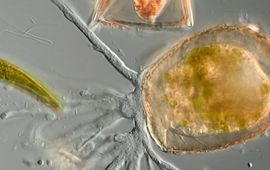
Our ecological knowledge used to end where the soil begins. That's slowly changing, but there are still some soil creatures we know very little about. Protists, for example. These tiny, mostly unicellular organisms are on their..
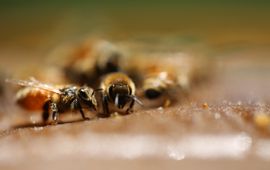
Approximately the same numbers of honeybees survived the winter in the Netherlands as last year. This year around 84% of the honeybees came through the cold season, a similar amount to the 86% last year...
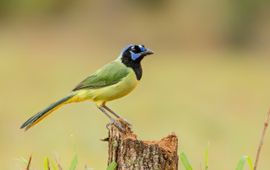
In the latest peer-reviewed publication on the potential impacts of a border wall on plants and animals, conservation biologists, led by a pair of scientists from The University of Texas at Austin, say that border walls threaten..
